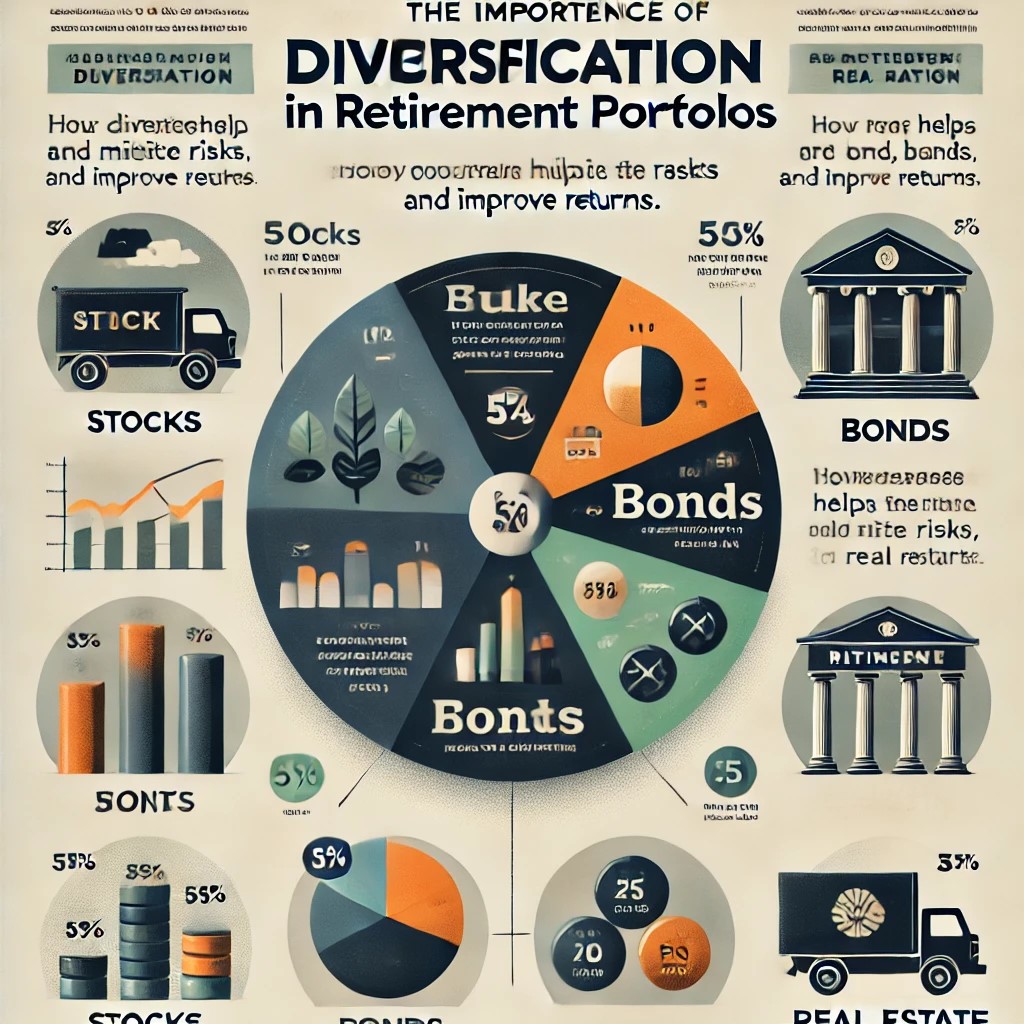Retirement planning is a crucial aspect of financial management that ensures a stable and secure future as one transitions from their working years. This involves a series of strategic decisions and investments aimed at accumulating enough resources to maintain a desired lifestyle in retirement. This article examines current trends in retirement planning, provides strategic advice, and forecasts future shifts in retirement preparation.

Current Trends in Retirement Planning
Rise of Self-Directed Retirement Accounts: Traditional pension plans are increasingly being supplemented or replaced by self-directed retirement savings options such as 401(k)s in the United States or SIPPs (Self-Invested Personal Pensions) in the UK. These accounts offer individuals more control over their investment choices, allowing them to tailor their retirement portfolios according to their risk tolerance and financial goals.
Technological Advancements in Financial Planning: Technology plays a transformative role in retirement planning today. Robo-advisors and financial planning software can provide personalized investment advice based on predictive algorithms and big data analytics, making sophisticated retirement planning more accessible to the general public.

Strategies for Effective Retirement Planning
Start Early and Save Regularly: The foundation of a secure retirement is to start saving early. Compounding interest works as a powerful force over time, meaning that even small, regular contributions to a retirement account can grow into significant sums. Automating these contributions can ensure they are a consistent priority.
Diversify Investments: Diversification is key to managing risk in a retirement portfolio. A mix of stocks, bonds, and other investments, such as real estate or commodities, can balance the portfolio’s risk and return. As retirement nears, many advisors recommend shifting towards more conservative investments to preserve capital.
Plan for Inflation: Inflation can erode purchasing power over time, so it’s essential to include investments that have the potential to outpace inflation. Equities and real estate are commonly favored for their ability to provide returns that can beat inflation over the long term.
Consider Retirement Phases: Retirement planning should account for different phases of retirement, each with varying expenses and activities. Early retirement might involve more travel and recreation, leading to higher expenses, which might decrease in later years.

Future Predictions for Retirement Planning
Greater Dependency on Individual Savings: As government pensions around the world are under increasing strain, the future will likely see a greater onus on individual savings. This shift will necessitate more comprehensive financial education and planning tools to help individuals manage their retirement savings.
Sustainability in Retirement Planning: There is a growing trend towards incorporating sustainable and socially responsible investments into retirement portfolios. This reflects a broader desire among many, especially younger investors, to align their financial goals with their values.
Conclusion
Effective retirement planning is essential to achieving financial security in later life. By understanding current trends and employing strategic planning, individuals can navigate their way to a prosperous retirement. As advancements in technology and changes in the economic landscape evolve, staying informed and adaptable will be key to successful retirement preparation.





